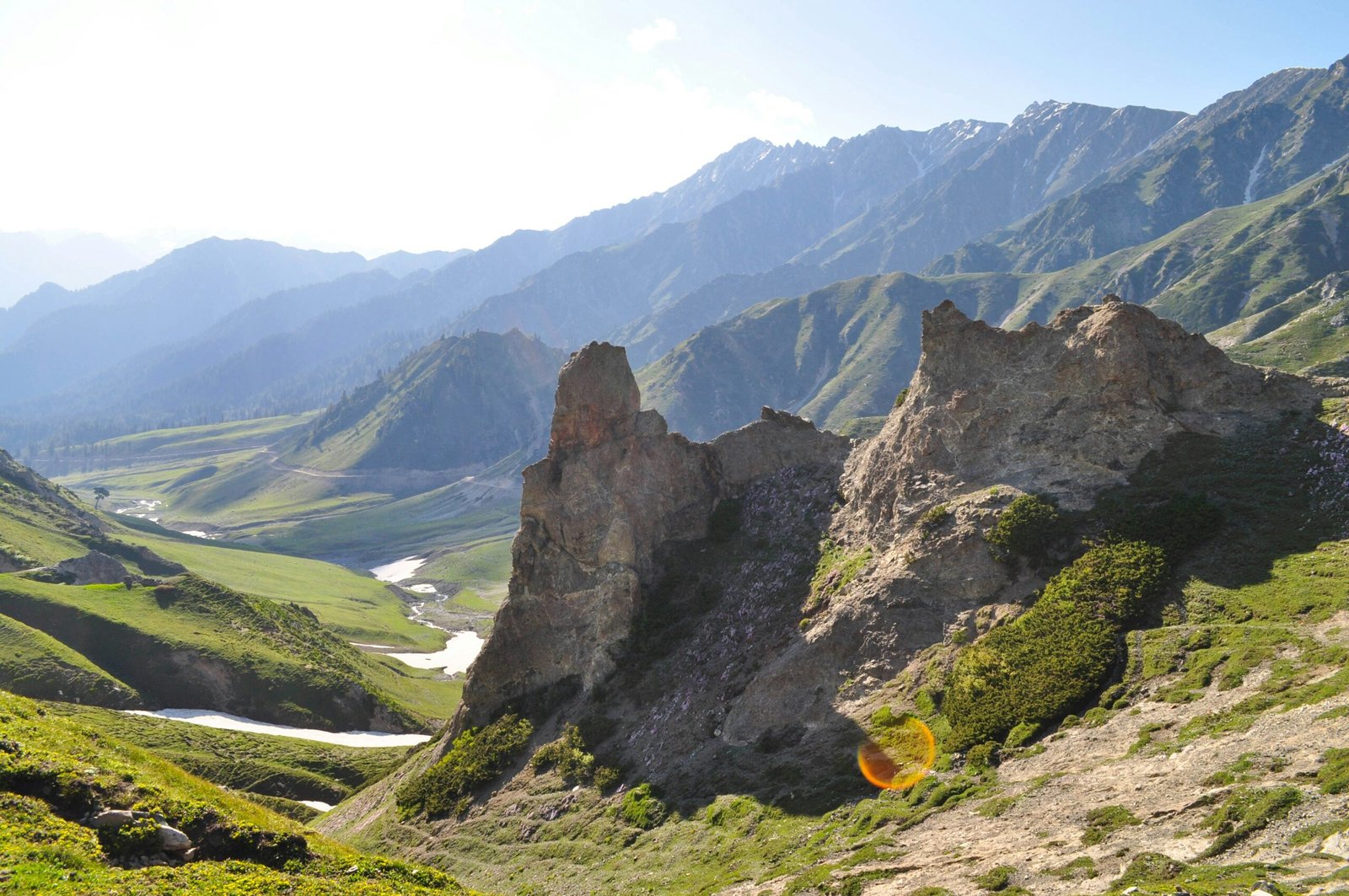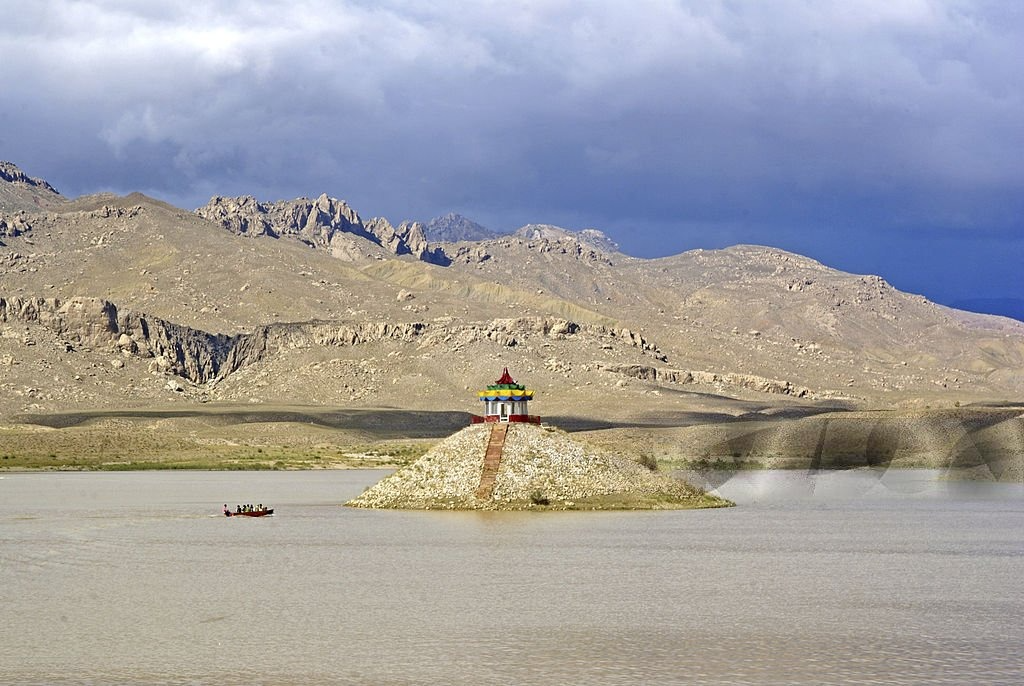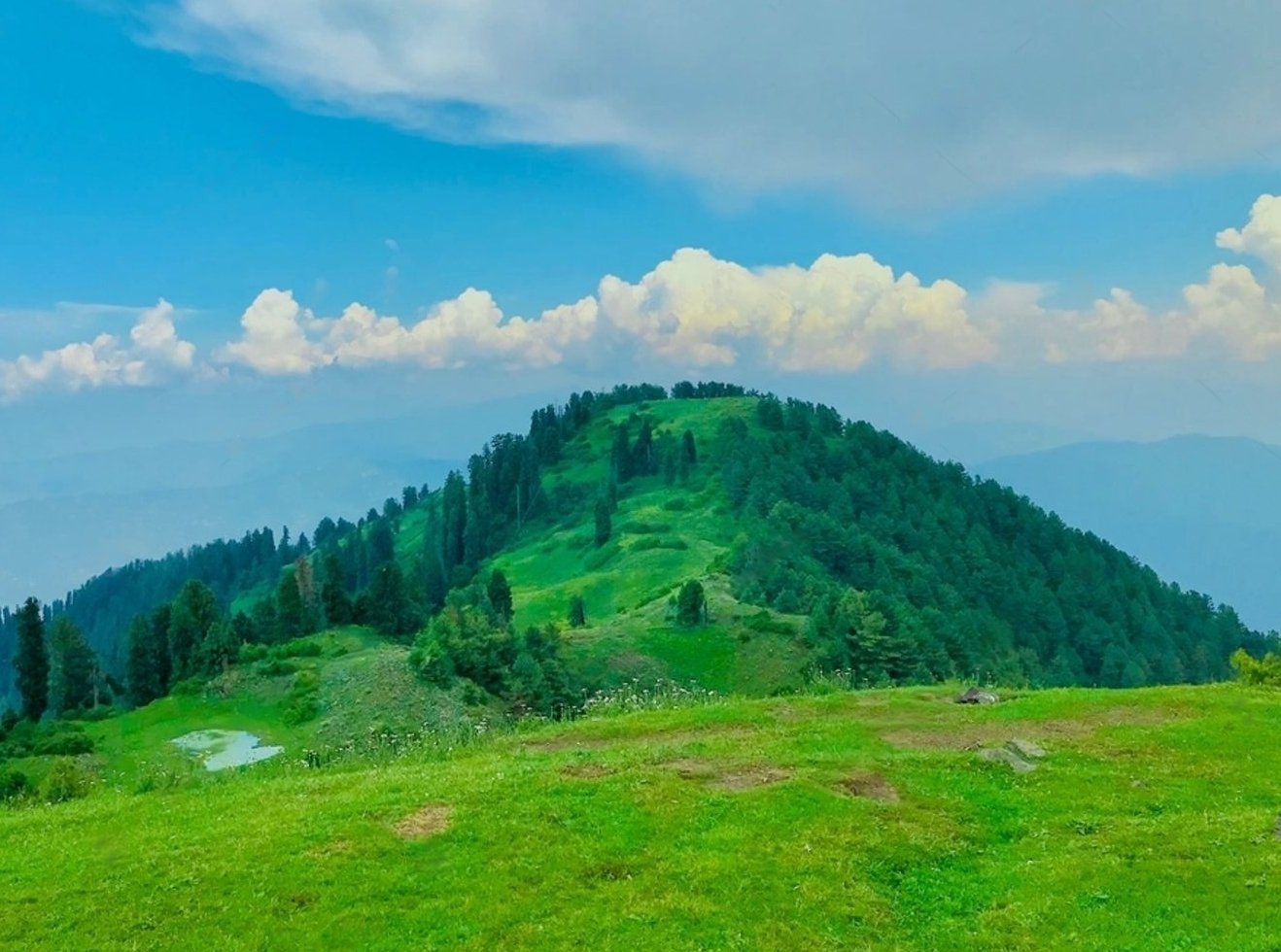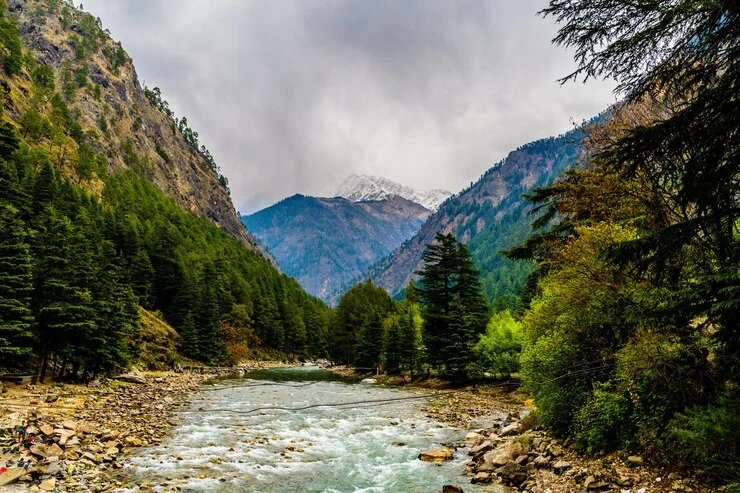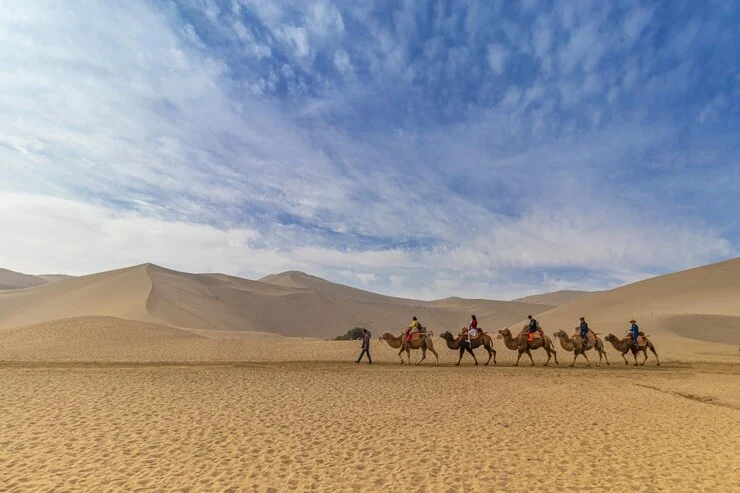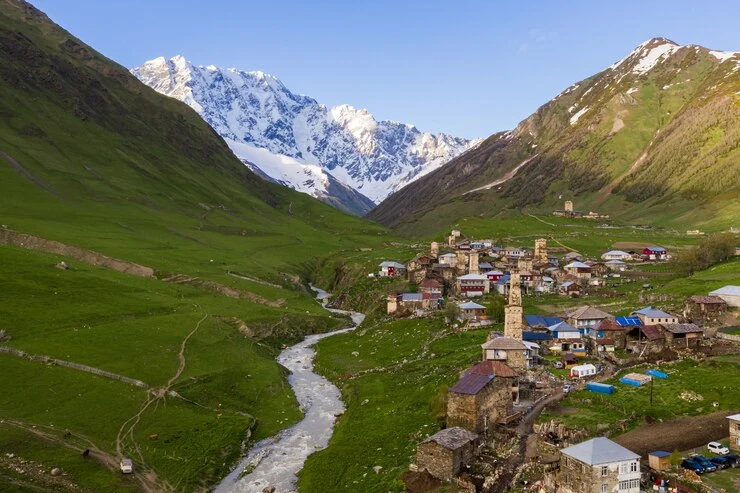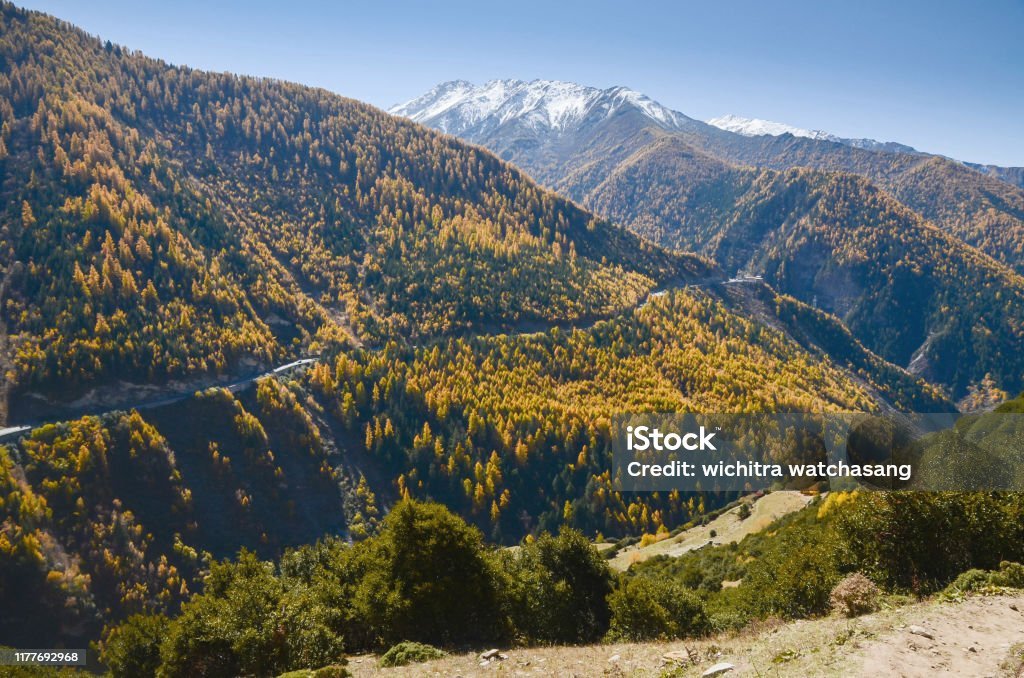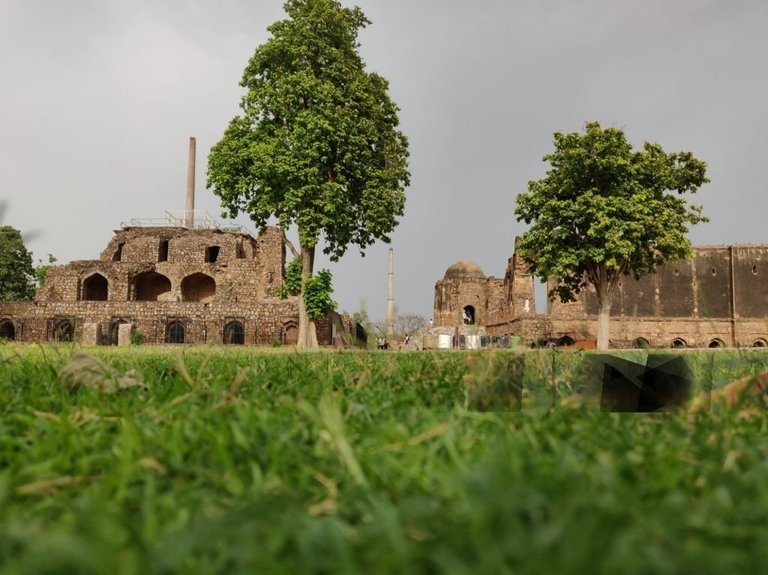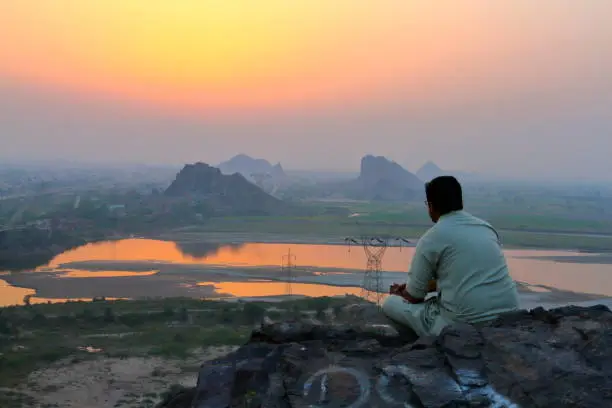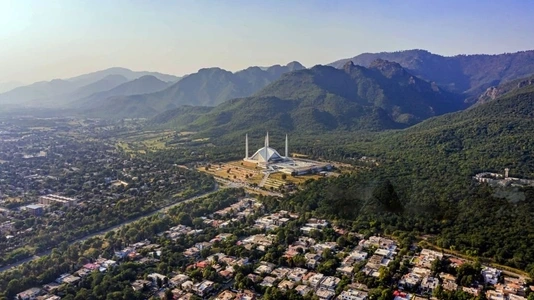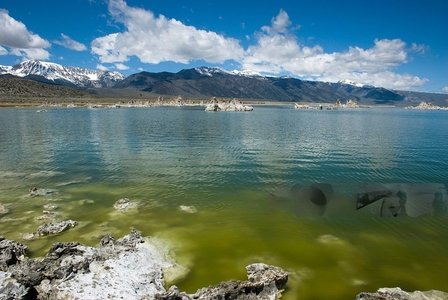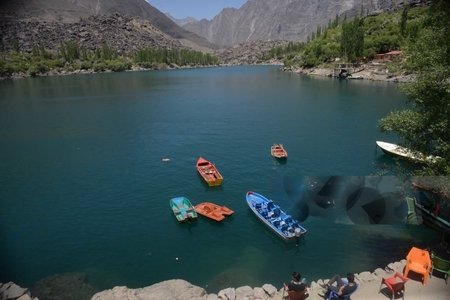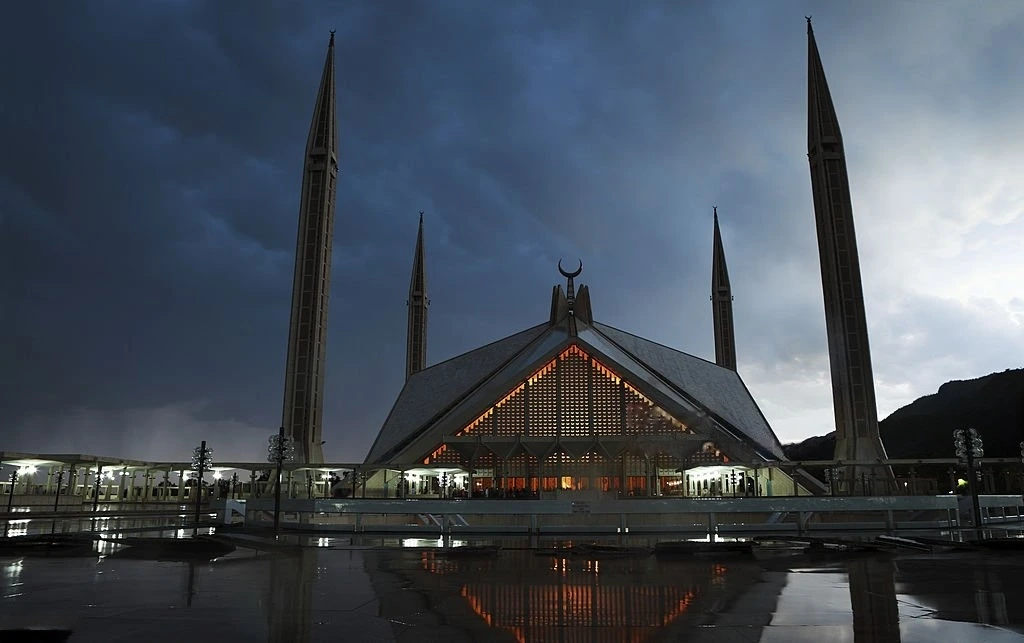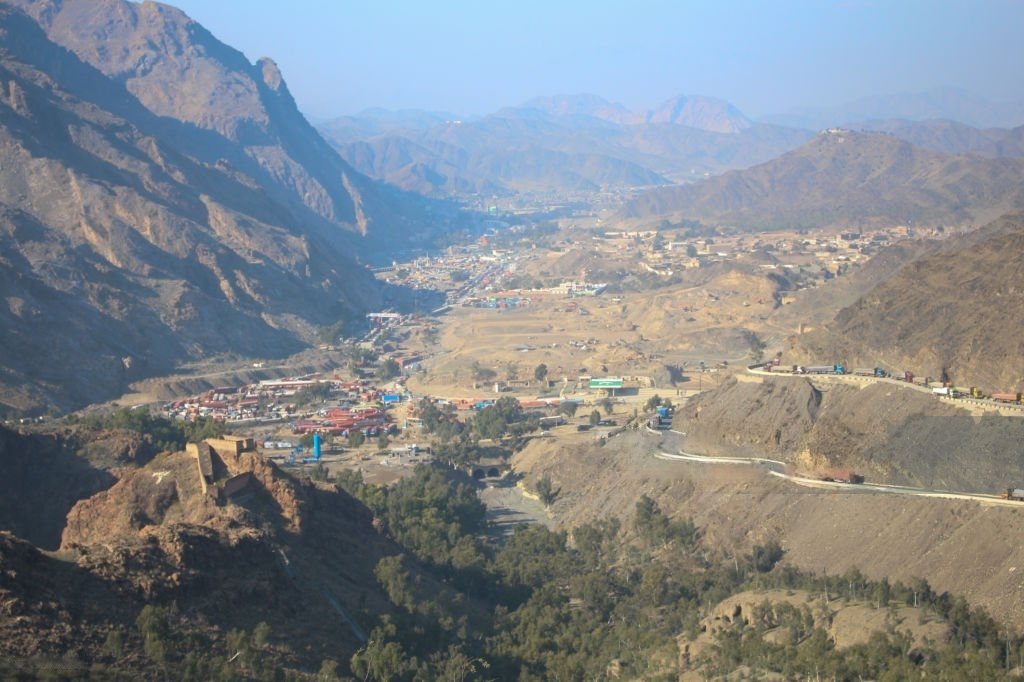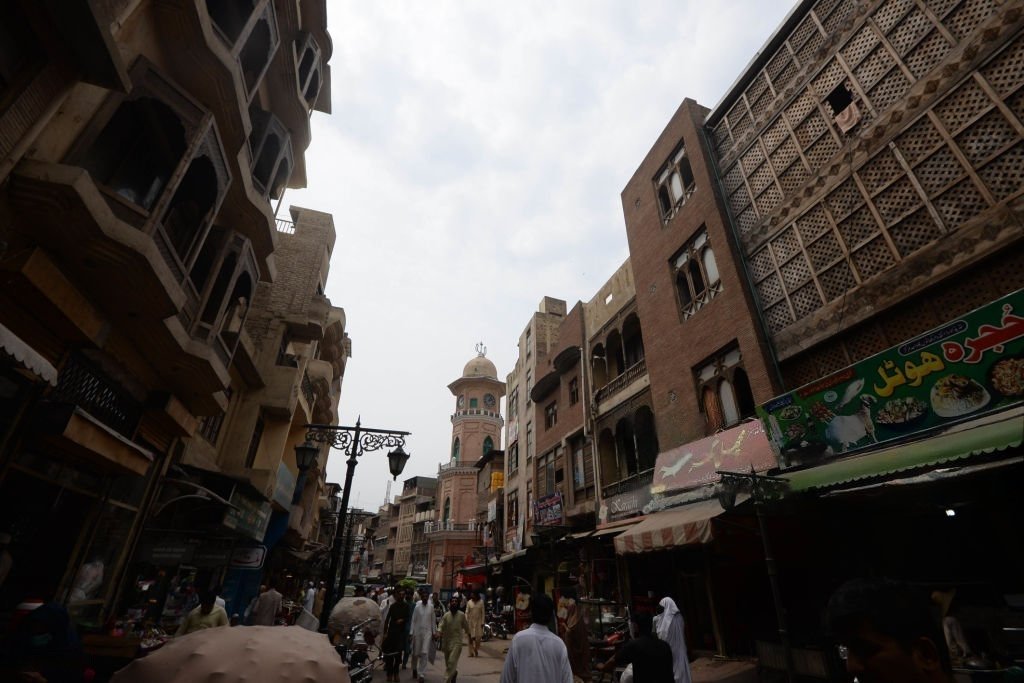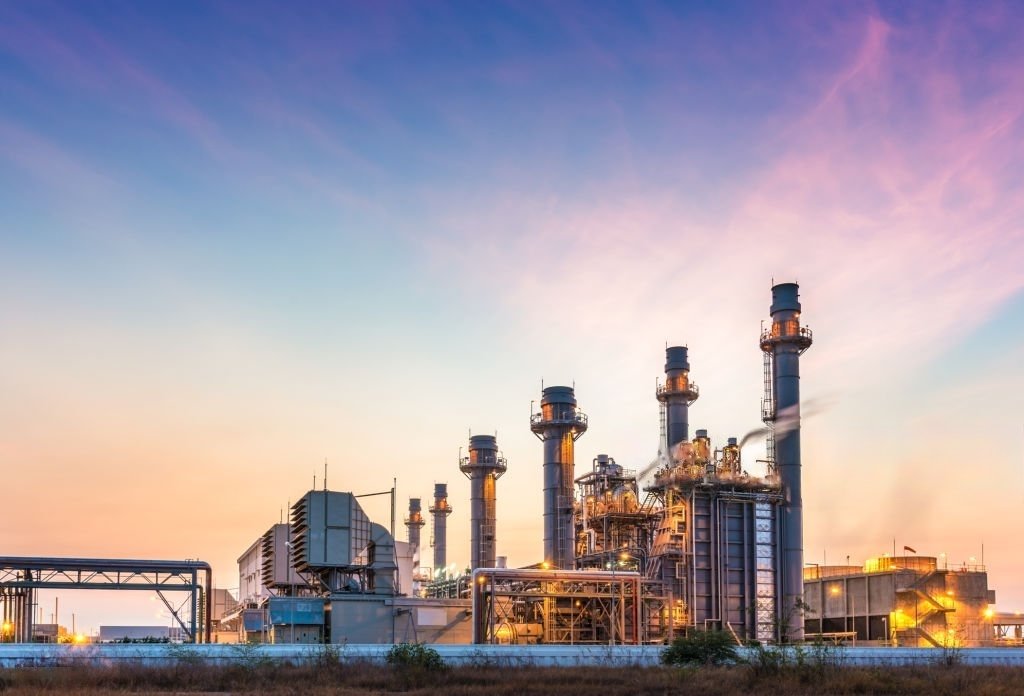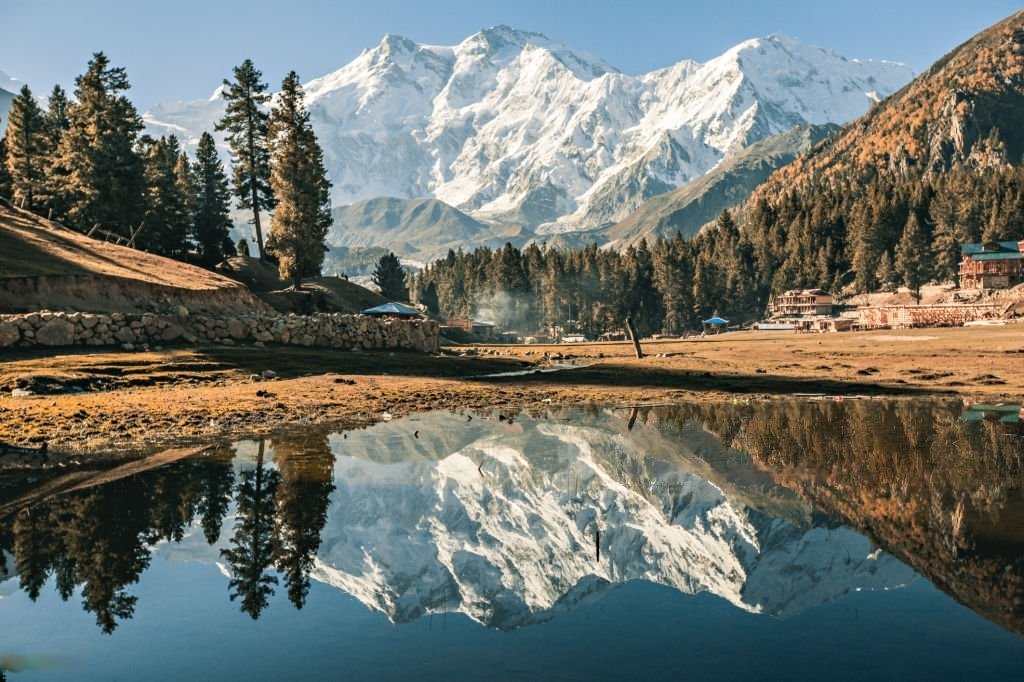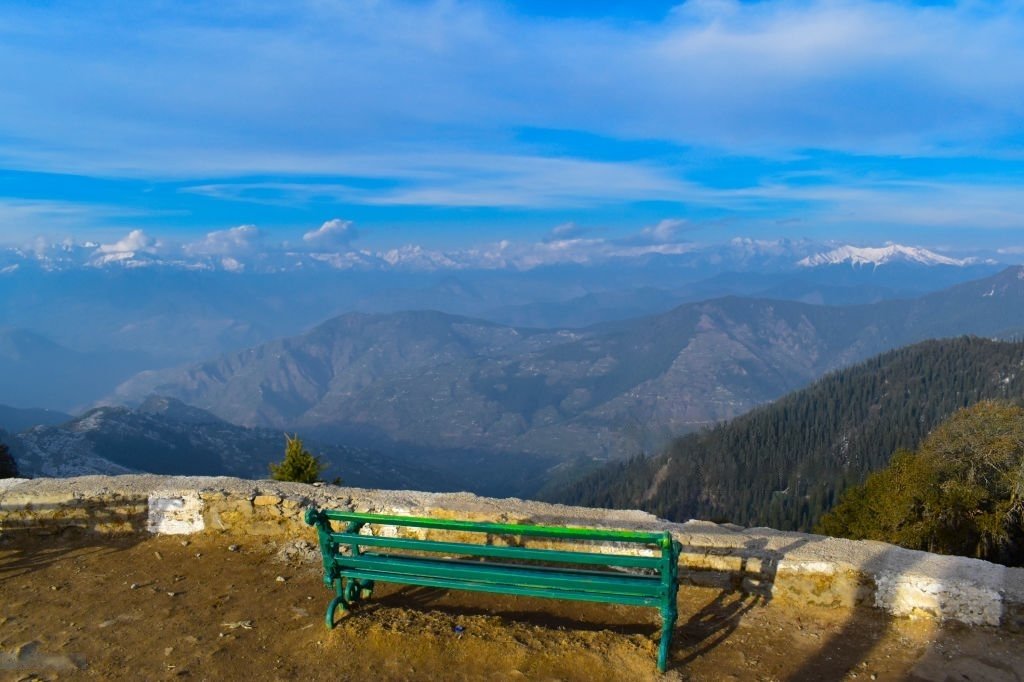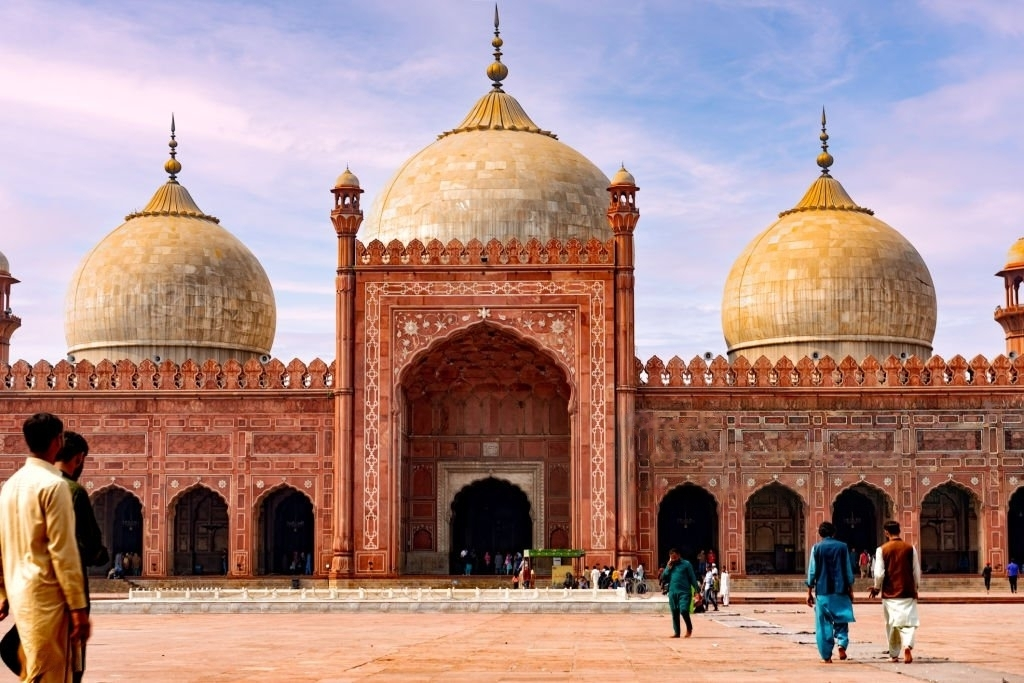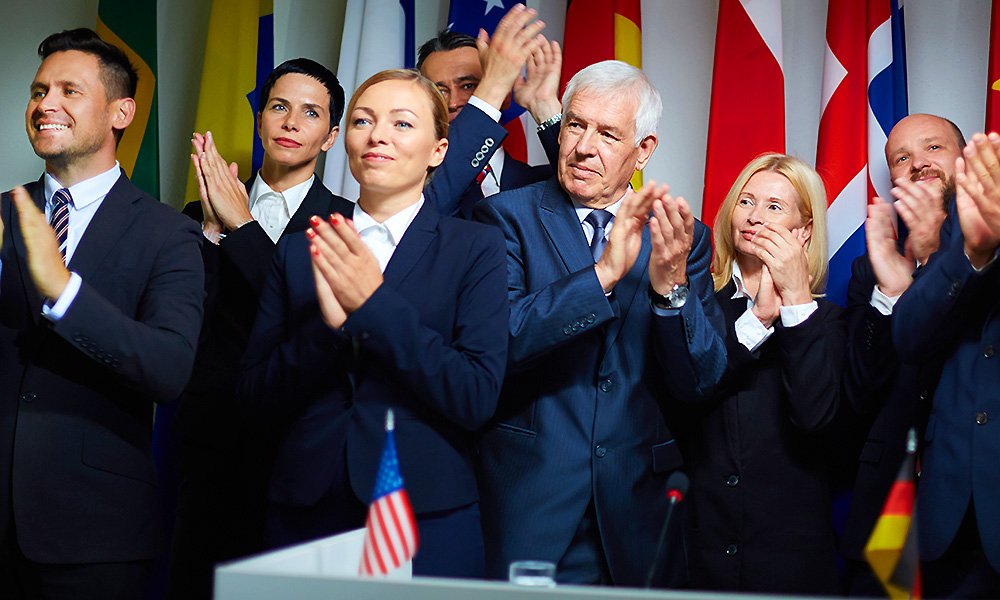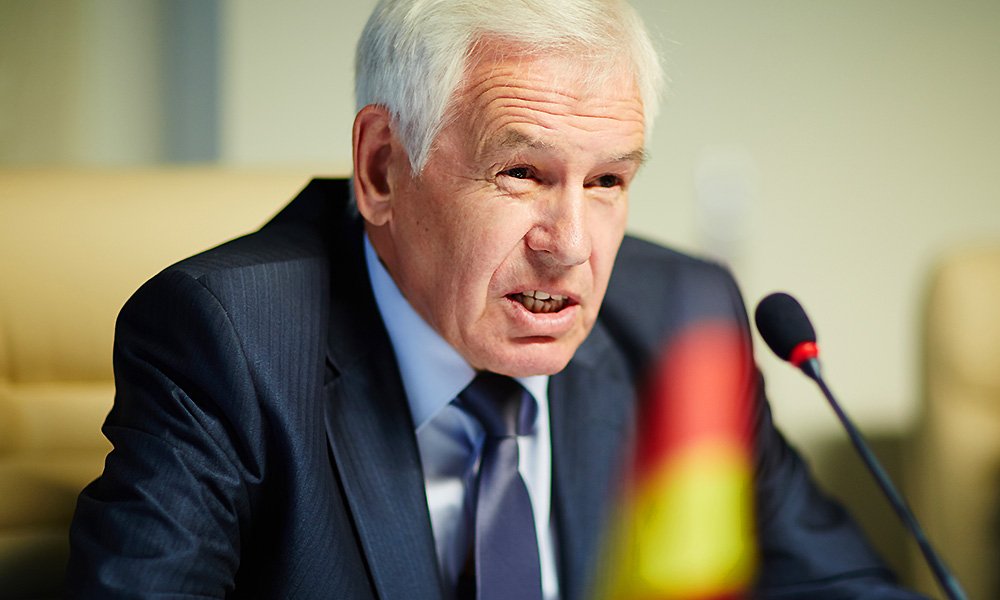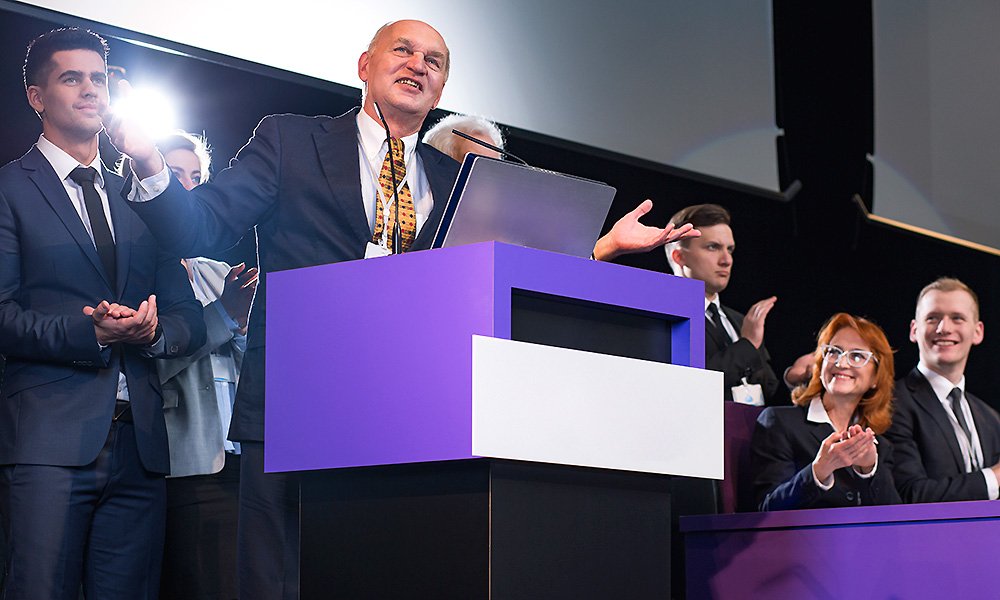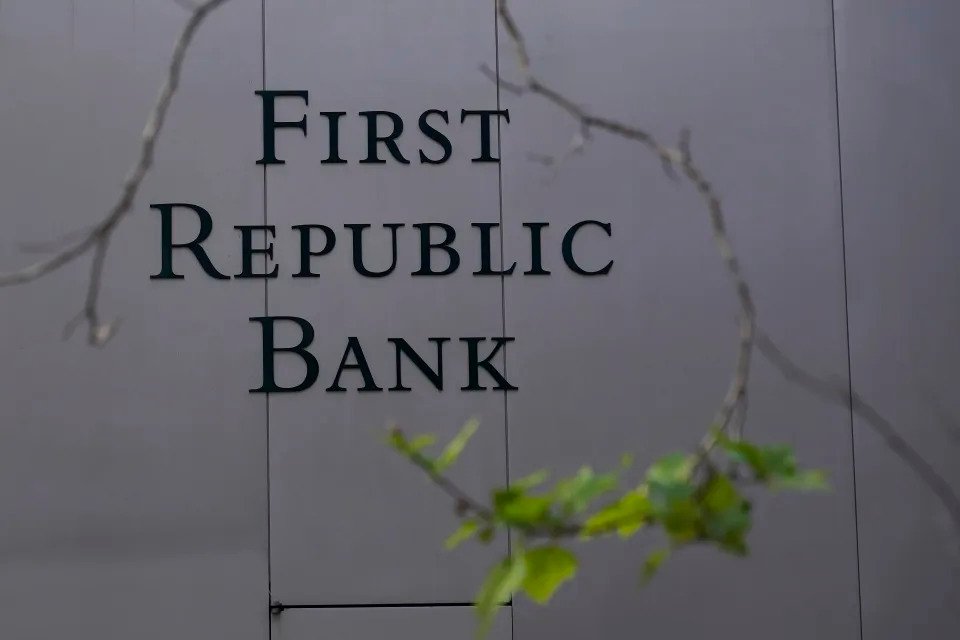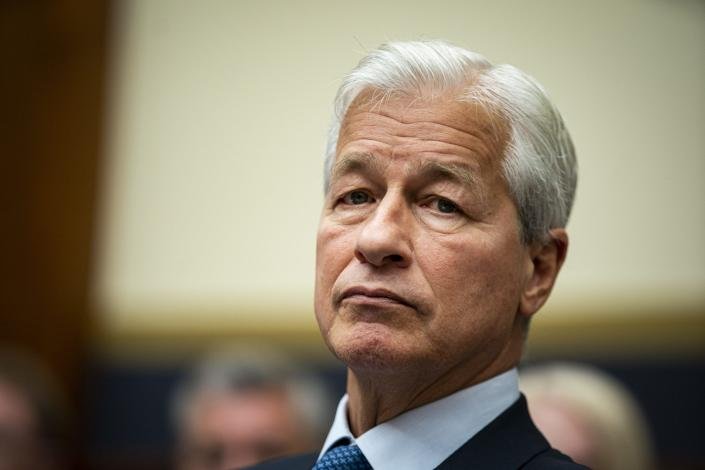The International Monetary Fund (IMF) is a global organization that provides financial assistance to countries experiencing economic difficulties. Pakistan has been a beneficiary of IMF loans several times due to its struggling economy.
The IMF’s involvement in Pakistan’s economy dates back to the 1950s, when the country first received financial assistance from the organization to stabilize its economy and prevent further economic collapse. Since then, Pakistan has received several IMF loans, around 22, with the most recent being in 2019. These loans come with strict conditions that the government must meet, such as reducing government spending, increasing taxes, and implementing economic reforms.
And now, once again, Pakistan is facing one of the worst economic crises in its history. Pakistan’s central bank experienced almost a 16 percent decrease in foreign exchange reserves over the weeks, leaving only $3 billion, which is insufficient to cover even three weeks of imports. As a result of the acute shortage of foreign currency, there is a scarcity of essential imports, such as medicines. Furthermore, Pakistan is facing its highest inflation levels since 1975, with the cost of perishable food items increasing by over 60 percent in January, and inflation is expected to continue rising.
Due to this crippling financial situation, Pakistan has once again knocked on the doors of the IMF. In response to the IMF’s demands, the government of Pakistan has raised fuel prices, removed the cap on the foreign exchange rate (which has caused a significant depreciation of the Pakistan rupee’s value, including a 9.6 percent loss in a single day in January), and increased the interest rate to its highest level in the last 25 years.
Although the negotiations between Pakistan and the IMF have been ongoing for some time now, Pakistan has already implemented many of the IMF’s demands, such as cutting subsidies on petrol and oil and increasing taxes. However, the deal has not yet been finalized.
As per the sources, the IMF is looking for social and political assurances from Pakistan. It has asked Pakistan to provide a guarantee that the country’s future political leadership will respect any agreement signed with Islamabad. However, the upcoming elections in KP and Punjab and the possibility of national elections in the near future have led the IMF to believe that the current government may not be in a position to implement the deal it signs.
They have also asked Pakistan to prove that it can raise enough finance to narrow down its balance of payment gap. And it requires pledges from other lenders as well that will help Pakistan bridge the gap. Although countries like China and Saudi Arabia have offered to help Pakistan, the IMF thinks it might not be enough and wants other ‘friendly countries to honor their comments to help Pakistan in need before it gives Pakistan the 6.5 billion dollar package.
Pakistan is still resolving differences with the International Monetary Fund to resume its $6.5 billion loan program, but is expected to reach an agreement in the next few days.


